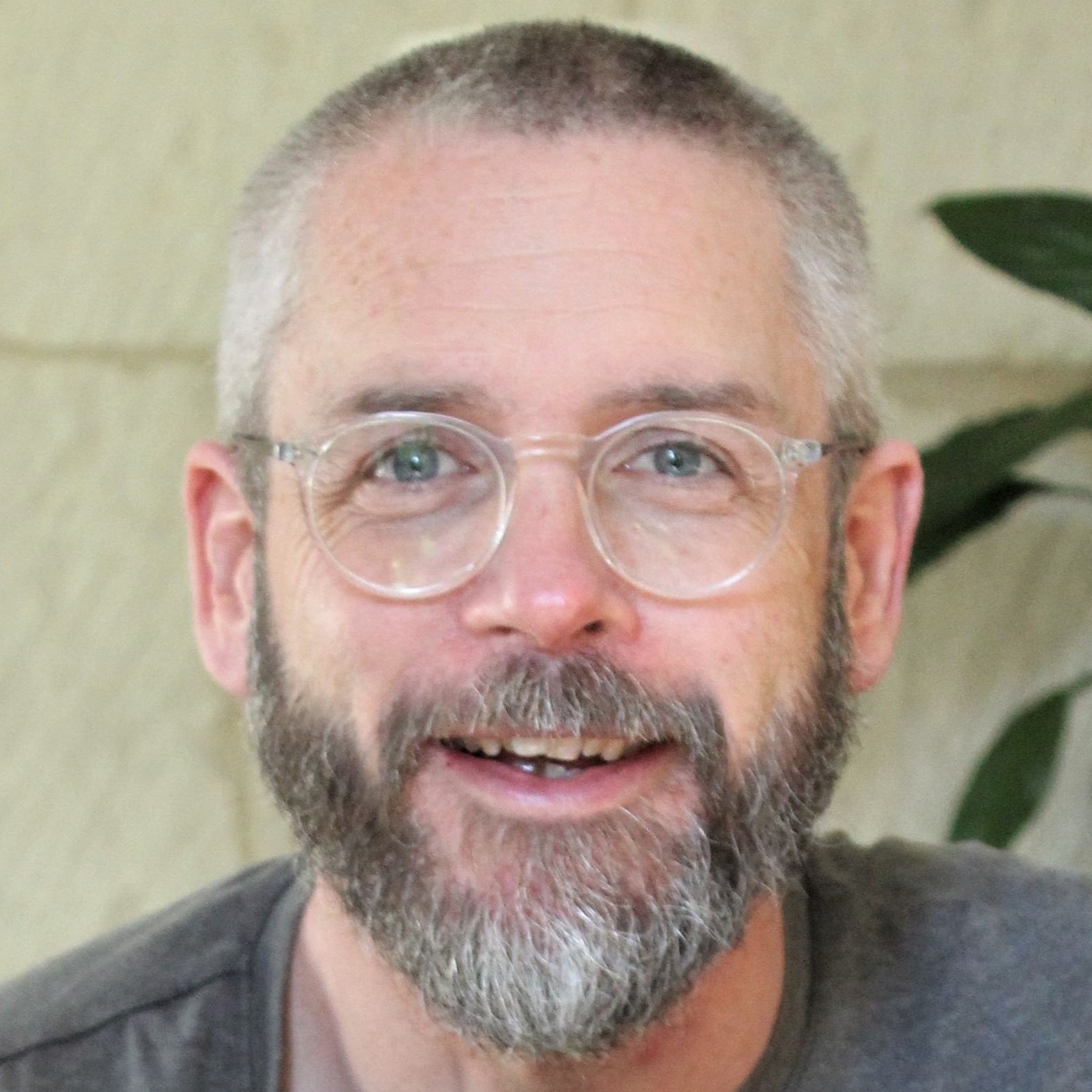
By Joseph Gelfer
Headlines such as ‘No Point in Anything Else’: Gen Z Members Flock to Climate Careers have gone a long way to creating the perception that green jobs are just for the young. When the green jobs mantra is sounded by politicians seeking election, we typically hear about a grand number of planned new jobs and how young people are going to be trained for them, and sometimes how traditional energy workers are going to transition to renewables. But what about other, older, people who feel the call to be part of the green economy? There is actually some good news if you are in midlife and are contemplating a green career change.
You have more (and happier) time than you imagine
If you’re in your fifties or sixties (or even your forties) you may believe that it is too late to make a career transition, but this is probably not true. There are both positive and negative reasons for this: positive because people are living longer lives and often want to work longer; negative because retirement ages are creeping up and people are often required to work longer.
Such later-life transitions are the shape of things to come. A recent report The New Map of Life from The Stanford Center on Longevity has identified the ways society needs to reorient itself for longer lives, at the heart of which is the benefit to society of age diversity, the fact that transitions are a feature of norm al life, that we need to work longer and more flexibly, and that learning needs to be a lifelong pursuit. By transitioning to a green job in midlife you are at the vanguard of the new normal.
You may also feel that you have too many burdens to muster the emotional energy required for a career transition. People in midlife often experience a unique set of pressures regarding complex family dynamics (being sandwiched between caring for children and parents, marriages long past their honeymoon period), heavy financial obligations, and the existential challenges of navigating a life that typically did not turn out as interesting as we hoped.
But there’s good news here too. The Happiness Curve: Why Life Gets Better After 50 by Jonathan Rauch observes an interesting cross-cultural phenomenon. While people often feel in something of a hopeless trough in their 40s, things begin to take a more hopeful turn. Indeed, it is common for people to report surprise at how they start to feel much better in themselves as they get older, eventually reporting some of their happiest years in their 60s. Imagine that: your happiest years may still be to come. Wouldn’t you want to do something meaningful with them?
You are more useful (and welcome) than you imagine
Yes, ageism exists, and starts earlier than you might expect (40 years old for women and 45 for men). But there are many benefits of employing older workers. As an older worker yourself, you no doubt already have a sense of this, but the The Age Smart Employer initiative of the Columbia University Mailman School of Public Health explores the advantages of older workers as identified by real employers including unique skills and a strong work ethic. While ageism is a problem, it is a problem that can be overcome.
Furthermore, while green employers have historically focused on looking for candidates with highly relevant experience, things are beginning to change. Kenny Okoye, Managing Director at energy sector recruiter Bavana Partners says, “The industry is growing rapidly and there is huge demand for talent. It is very competitive in the market for individuals with renewables experience and now more than ever more companies are looking out of the industry for talent to meet the shortfall.”
While relevant experience and qualifications are great, it’s not necessarily a deal-breaker. Green employers are also looking for a particular mindset and can-do attitude. Russell Seifert, CEO of Creative Solar USA says, “We find at our company that if a person is willing to do installs, regardless of their gender and skill set, they learn the basics and then are able to ‘walk the walk and talk the talk’.”
You are better positioned to rebrand yourself (and network) than you imagine
While transitioning to a green job in midlife is certainly doable, you still have to connect the dots for green employers. Shannon Ames, Executive Director at the Low Impact Hydropower Institute says, “Those of us who have reached midlife have plenty of skills and experience that will translate effectively to the green economy but it is our job to clearly explain it. We need to draw the line between what we have done and why that will make us effective in a new job.”
Sometimes, this involves clearly mapping your functional skills onto the green economy, other times it is about developing demonstrable knowledge in the field. Knowledge and learning can be done via traditional methods such as official qualifications, but be mindful that many people find such qualifications a poor return on investment. There are many other opportunities for learning online.
One silver lining of Covid is that many industry events (from one hour presentations through to multi-day summits) that used to be held in person are now being held online, often for free. These events offer excellent insights into the cutting edge of what is happening in the green economy as well as introducing you to industry leaders who might fly under the radar of traditional media and learning resources. Such events are also an excellent opportunity to network, which is fantastic news for those who struggle with this art, either due to being introverted, cash- or time-poor, or simply located outside of a major metropolitan area.
Imagine the future
The above advice is focused on the energy sector, but similar opportunities exist in the many different parts of the green economy such as ecology and conservation, recycling, food and agriculture, climatetech, building and construction, and corporate efforts (finance, ESG, CSR).
The green economy is only in its infancy and will need many more employees in years to come. If you’re in midlife and are considering the transition, it is not too late: your future self in ten, twenty or even thirty years will be happy that you made the effort.
Joseph Gelfer, Ph.D., is Founder of Ecotopian Careers, a new initiative focused on helping people in midlife transition to green jobs.



Leave a Reply